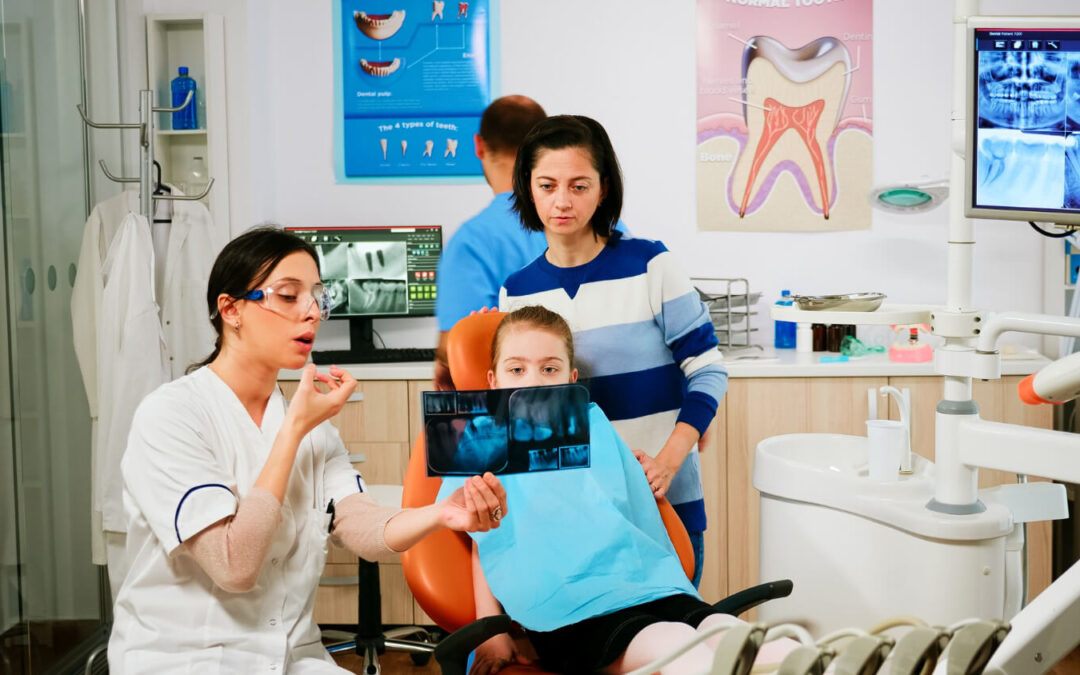After spending over 30 years as an Oral and maxillofacial surgery professional, it still surprises people when I tell them that I frequently participate in continued education courses. I am a strong believer that no matter what point you are at in your career, continued education is extremely important in keeping up with the advances in the industry.
The Dental and Oral Surgery industry is a rapidly evolving field. It is imperative that professionals continue to expand their knowledge and skills. This is not only a professional expectation, but it is a moral obligation. With the lives and well-being of patients in our hands, we must provide them with the most effective and up-to-date care possible.
One of the biggest reasons for continuing education in dentistry and oral surgery is the opportunity for professional growth. Adding new skills and knowledge to your toolbelt can lead to taking on more responsibilities in the workplace. I have often seen this happen with dental/surgical assistants who can take on new roles within the office. Professional growth doesn’t always look like a change in your role – it can also bring more specialties and methods to your practice.
Another important aspect of professional development often overlooked is its ability to renew the passion for one’s field. It is easy to get stuck in the monotonous routine of your day-to-day. Sometimes we can lose sight of why we started along this journey. Working as an oral and maxillofacial surgeon is not an easy vocation. You commit a lot of time and energy to your practice and patients. You must be passionate about what you do to keep yourself motivated and at your best for your patients. They deserve the best care possible.
Continued education in healthcare not only benefits practitioners but as already touched on, it has a major impact on patients. Bringing new knowledge about technology and practices to your clinic allows patients to receive the most up-to-date care. Continued education isn’t only about advanced medicine, but about providing necessary skills in patient management. Your relationship with your patients is just as important as the treatment that you provide. Learning to build trust, empathy and strong communication skills will enhance your patients’ experience the next time they visit your practice.
Investing in the future of your career can provide so many wonderful opportunities for the advancement of the field and for your ability to provide top-tier care for patients. Take the time to continue to grow – your patients and your staff will thank you.

